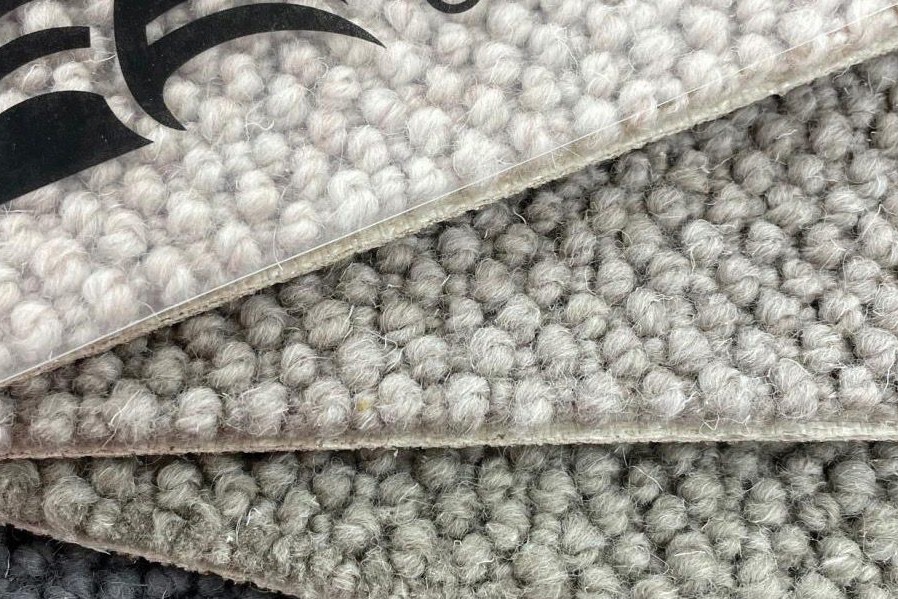A 25% jump in demand for wool carpet in New Zealand over the past year following 25 years of continuous decline was a big buzz for Wools of NZ (WNZ) chief executive John McWhirter.
“I’d like to think we’ve contributed to that turnaround,” he told farmers at a Central Otago Farming for Profit seminar. Admittedly it’s a small win, given the relative share that wool has of the carpet market. But the extra 7500 bales of strong wool turned into carpet was a sign that the world is changing.
According to McWhirter’s calculations, about 600,000 bales of strong wool is clipped annually in NZ but demand sits at around 555,000. WNZ’s goal is to soak up that excess 45,000 bales in branded products to move large quantities of wool quickly.
Carpet is the obvious first focus and started in earnest last year with the release of WNZ-branded product into 120 retail stores. There were $5 million worth of orders over the first year, capturing about 25% of the wool carpet market.
A multi-media campaign, “Carpet that doesn’t cost the Earth’, running from the end of August this year until June 2023 will extol the relative affordability of carpet as well as its eco-friendly attributes.
McWhirter says tentative steps have been made into Australia and the United Kingdom.
“Our strategy was to launch in NZ and learn, then take it to overseas markets.”
The second WNZ product is wool tiles, developed with the help of a $250,000 Sustainable Food and Fibre Fund grant. Carpet tiles are nothing new, but this is the first wool product.
Again, it’s early days but there are forward orders for new and refurbishment commercial projects, including Lincoln University, the Hilton Hotel in Queenstown, Gore Library, Balclutha Community Centre and a Te Kuiti rest home.
The growth in demand for strong wool carpet is great but McWhirter says that demand has to grow substantially to increase the strong wool farmgate price.
He acknowledges that the integrated farmgate-to-retail branded chain requires a lot of capital to maintain, but that brand ownership means they are in control of their destiny.
“We’re single-minded in creating branded consumer goods to drive demand for strong wool.”
WNZ has changed business direction since its inception in 2012. It was initially a procurement and exporter of strong wool supplied by 700 grower shareholders. The vision then was to increase farmer returns through WNZ branding, but that never happened.
A review of the business led to the appointment of McWhirter whose previous role was chief executive of branded meat and smallgoods company Hellers. He’s a firm believer in the power of the brand.
“To control your future you have to brand and value-add. Hellers showed me that,” he says
WNZ now has “Version 2.0” – a branded consumer goods business with 2100 shareholders. The jump in shareholders reflects the merger of WNZ and CP Wool in December 2021. WNZ procures about one-third of the NZ clip, mostly mid-micron and stronger, and the wool is shipped to Turkey for manufacture into carpet.
“We simply haven’t got the capacity or machinery to grow the carpet industry on shore – that’s all gone to Turkey,” McWhirter says. “We can send wool there and ship it back in finished product cheaper than we could do it here.”
Meanwhile Wool Impact kicked off in July this year. The three-year $11.4 million Sustainable Food and Fibre Futures programme has government funding of $4.5m and $6.9m from sector partners. The aim is to “facilitate innovation and investment, support demand growth, boost sector services, and enable a unified voice for strong wool in NZ”. Its formation follows the 2021 recommendations of the Strong Wool Action Group.





